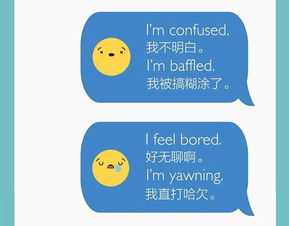假期翻译成英文怎么读
Translating "假期" into English
假期 (jià qī) is a Chinese term that can be translated into English as "holiday," "vacation," or "break," depending on the context. Let's delve into each translation:
1.
Holiday
: In British English, "holiday" typically refers to a specific day or period of time when people, schools, or businesses cease regular activities to celebrate or commemorate an event. For example, Christmas holiday, New Year's holiday, or National Day holiday. In American English, "holiday" is often used interchangeably with "vacation."2.
Vacation
: "Vacation" usually refers to a period of time when someone takes a break from work, school, or daily routines to relax, travel, or engage in leisure activities. It can be a shortterm vacation, such as a weekend getaway, or a longterm vacation, like a summer vacation or winter vacation.
3.
Break
: "Break" is a more general term that can refer to any interruption or pause in activities, including work or school. For example, a lunch break, coffee break, or school break. It can also refer to a longer break, such as a semester break or a break between jobs.When translating "假期" into English, consider the context in which the term is used to determine the most appropriate translation. For example:
If you're referring to the time off from work or school during holidays like Chinese New Year or National Day, "holiday" or "vacation" would be suitable translations.
If you're talking about taking a break from work or school for leisure or travel purposes, "vacation" would be the best translation.
If you're referring to any general break or interruption in activities, "break" would be the appropriate translation.
Ultimately, the choice of translation depends on the specific context and intended meaning of "假期" in English.












评论